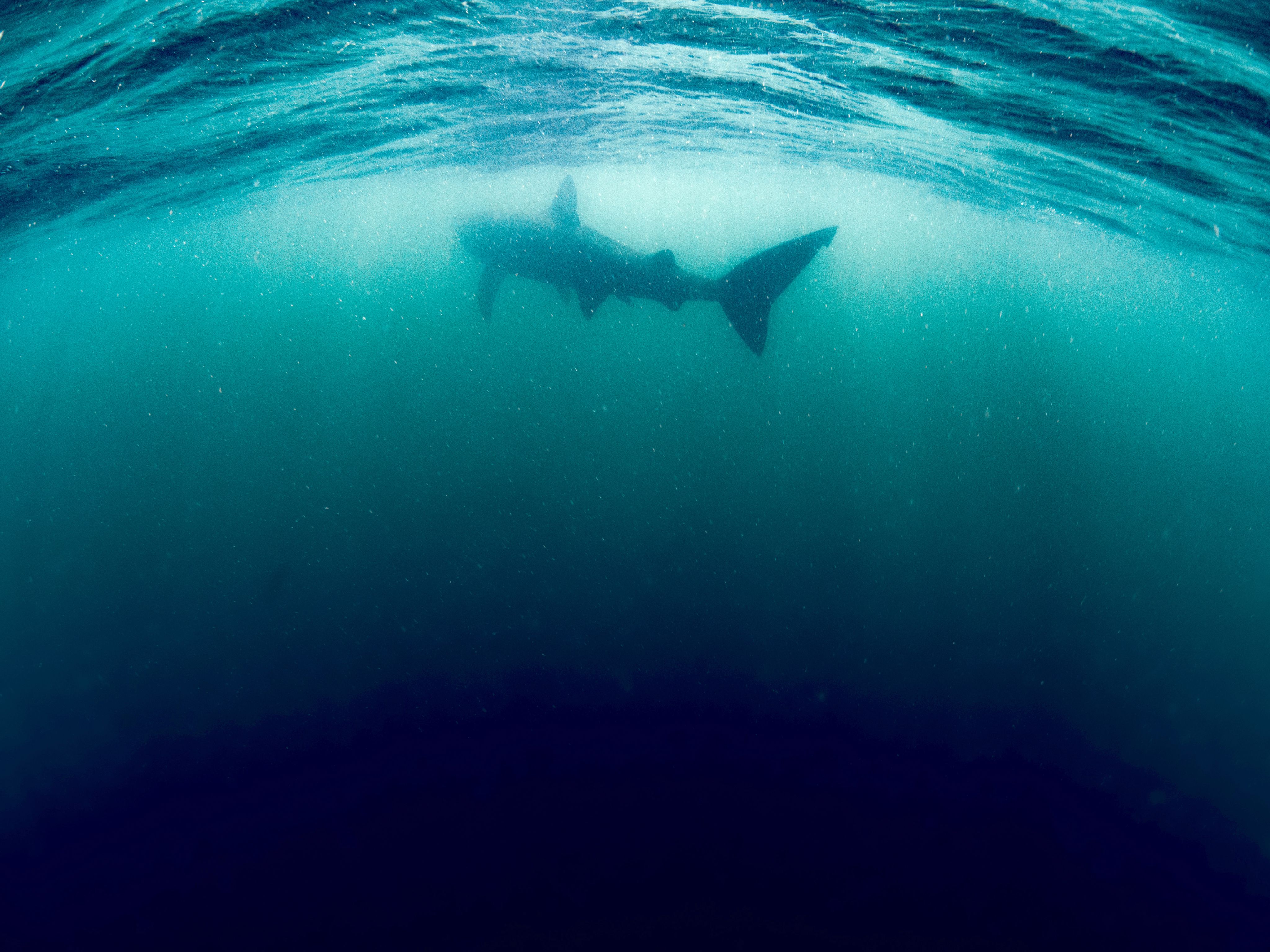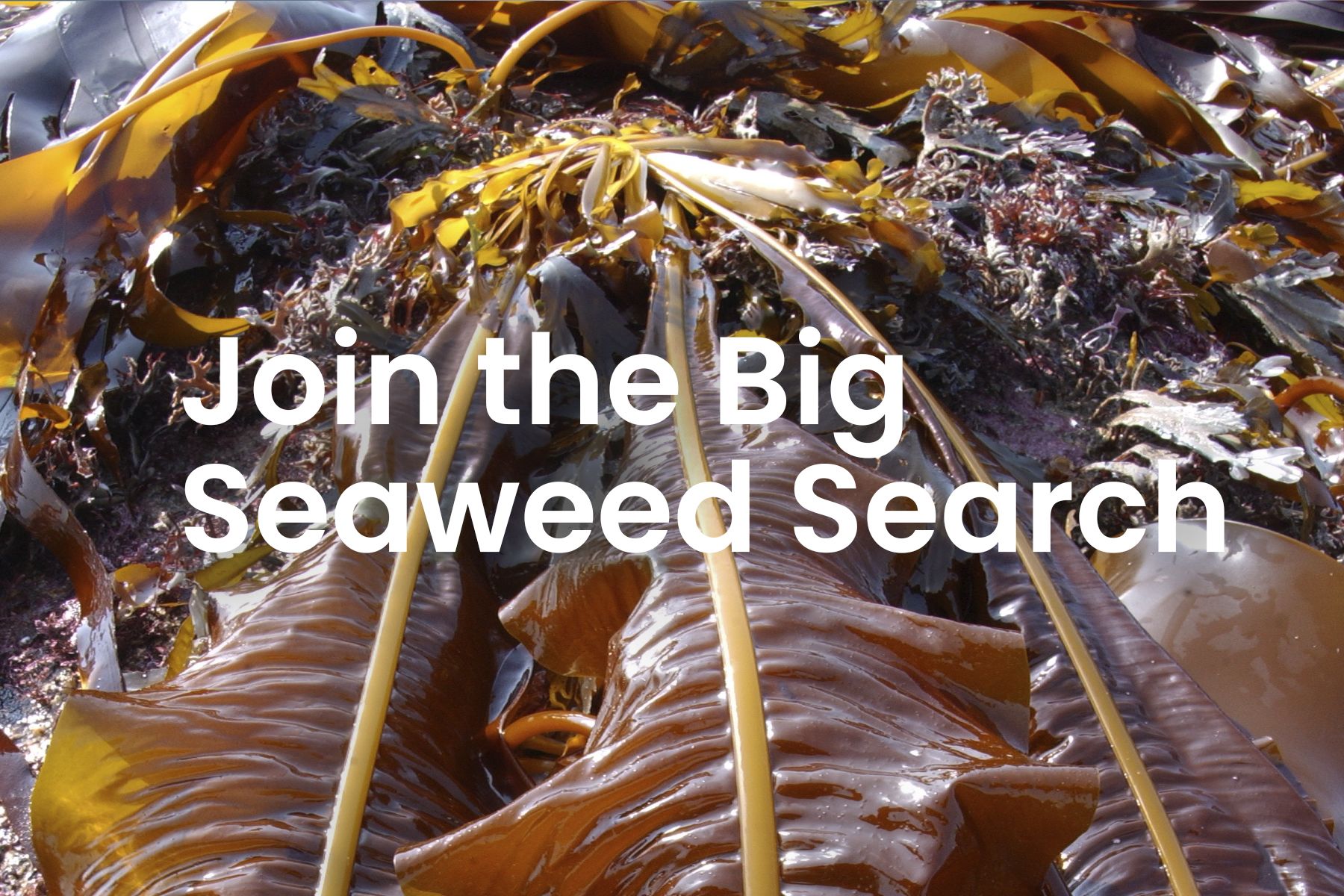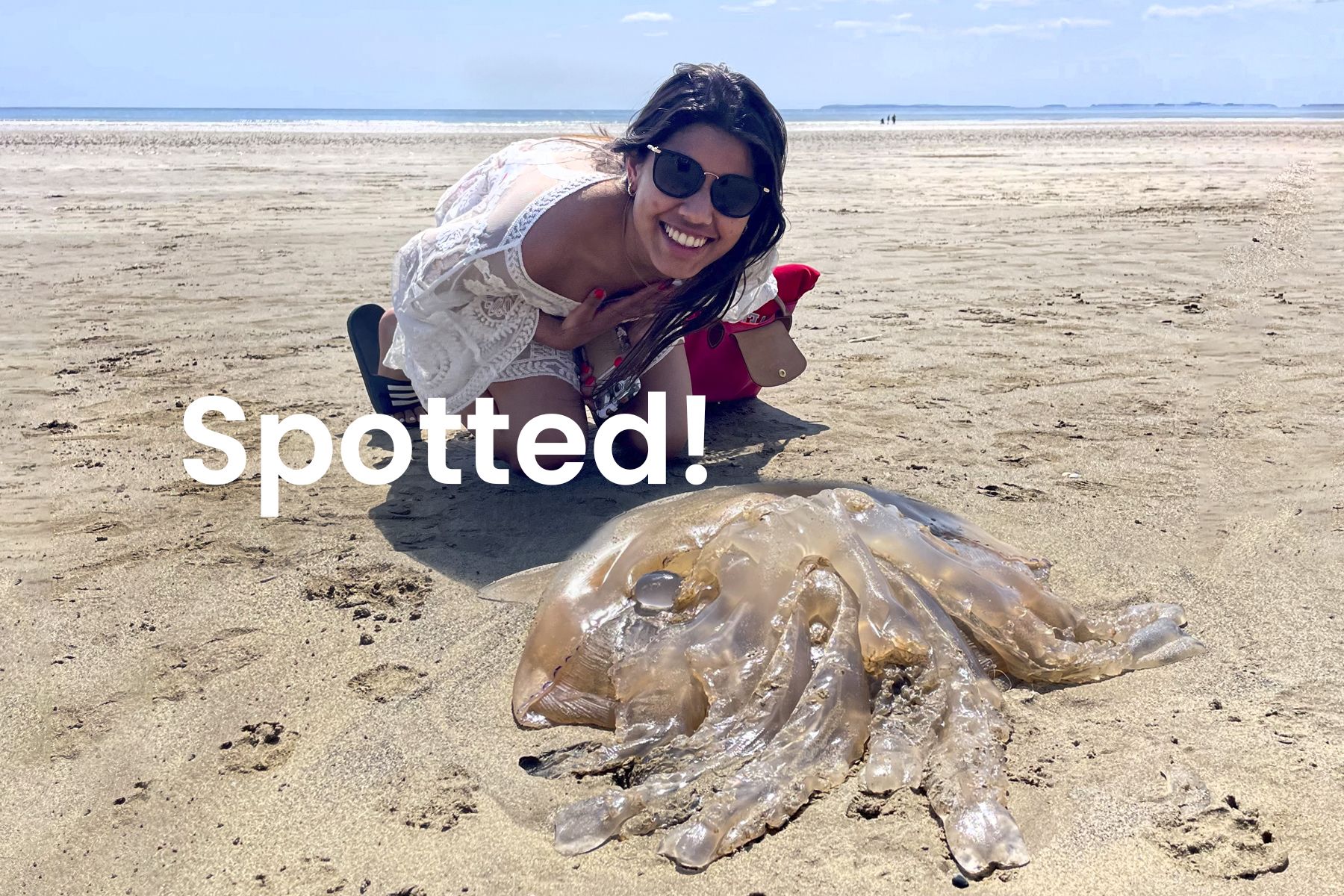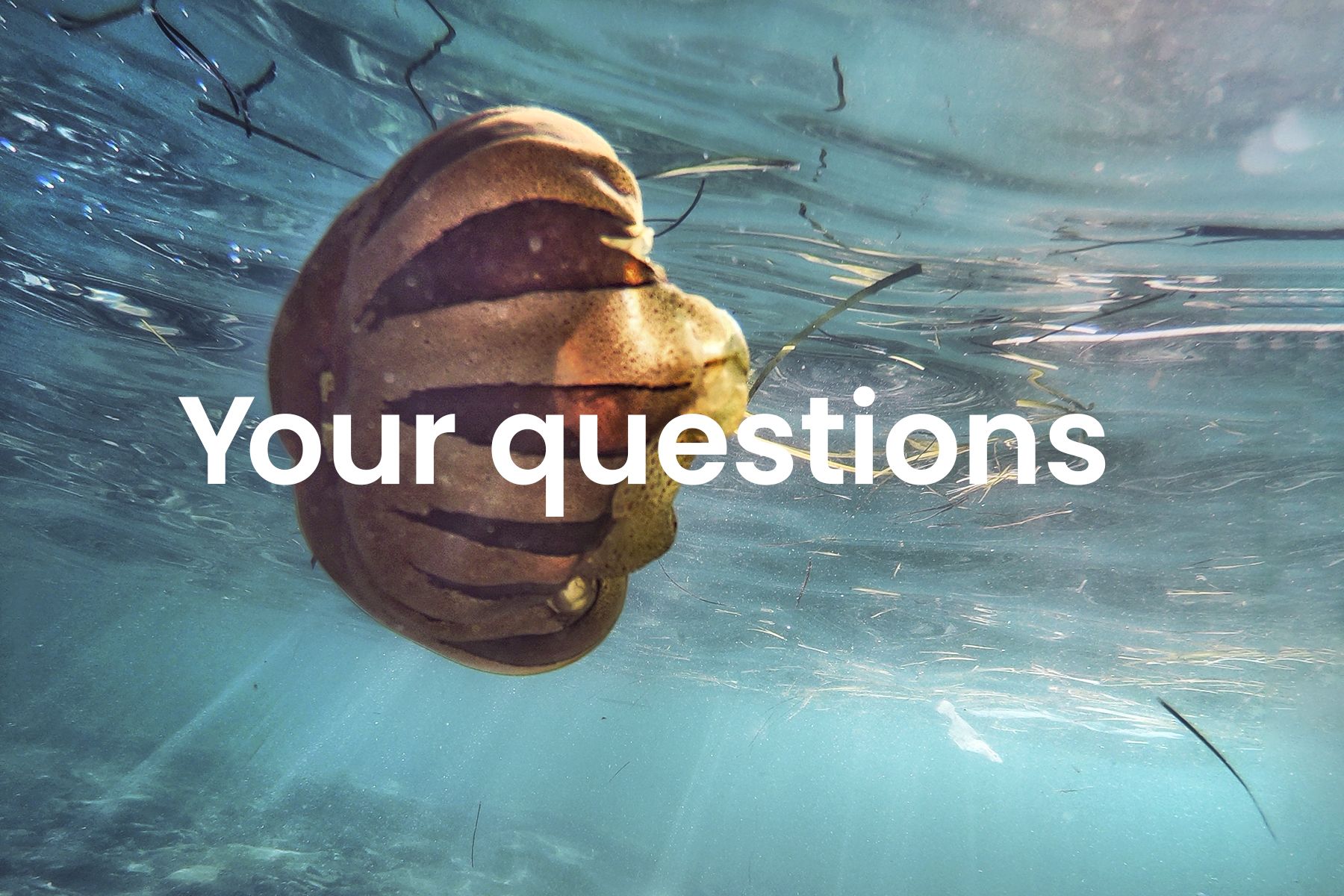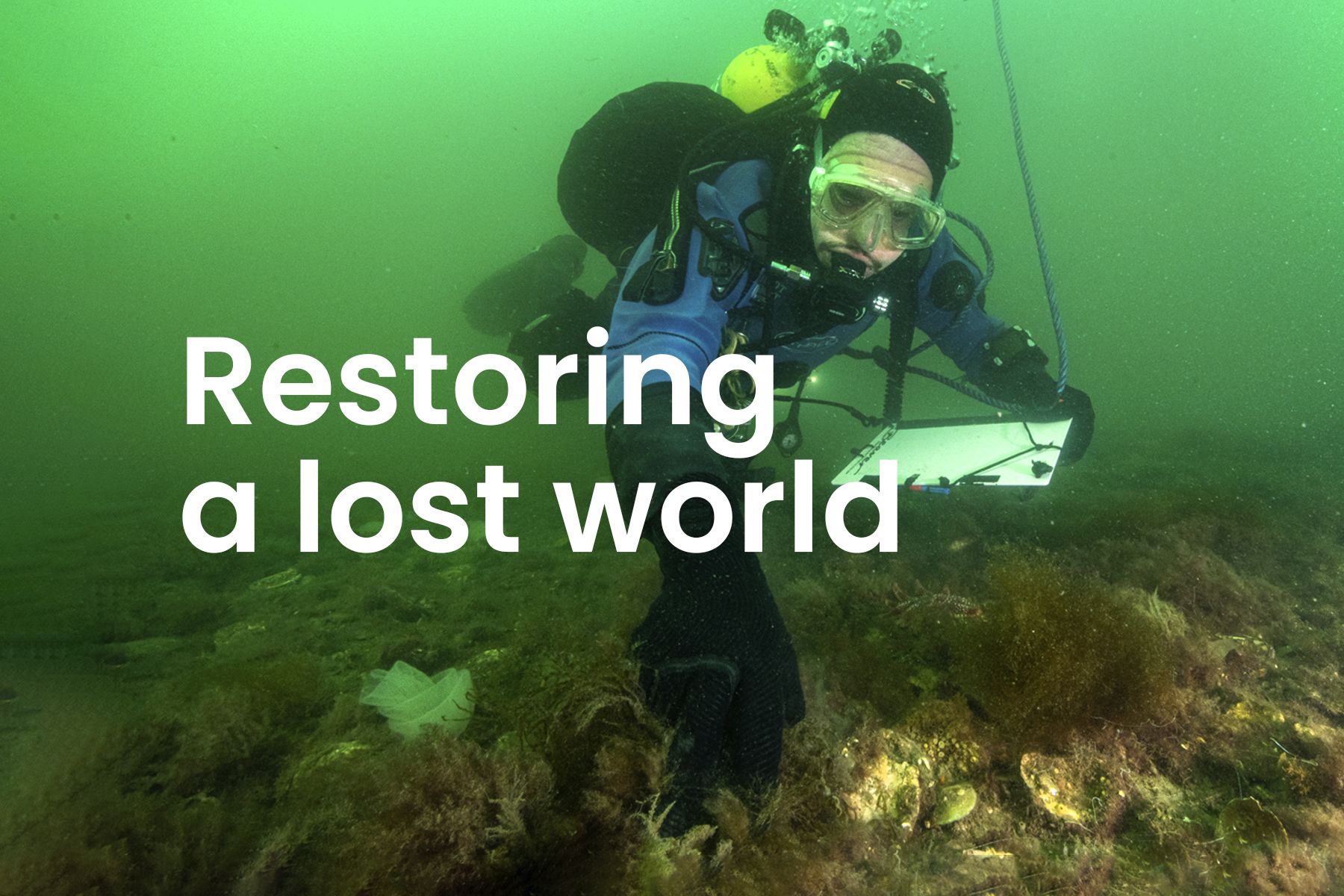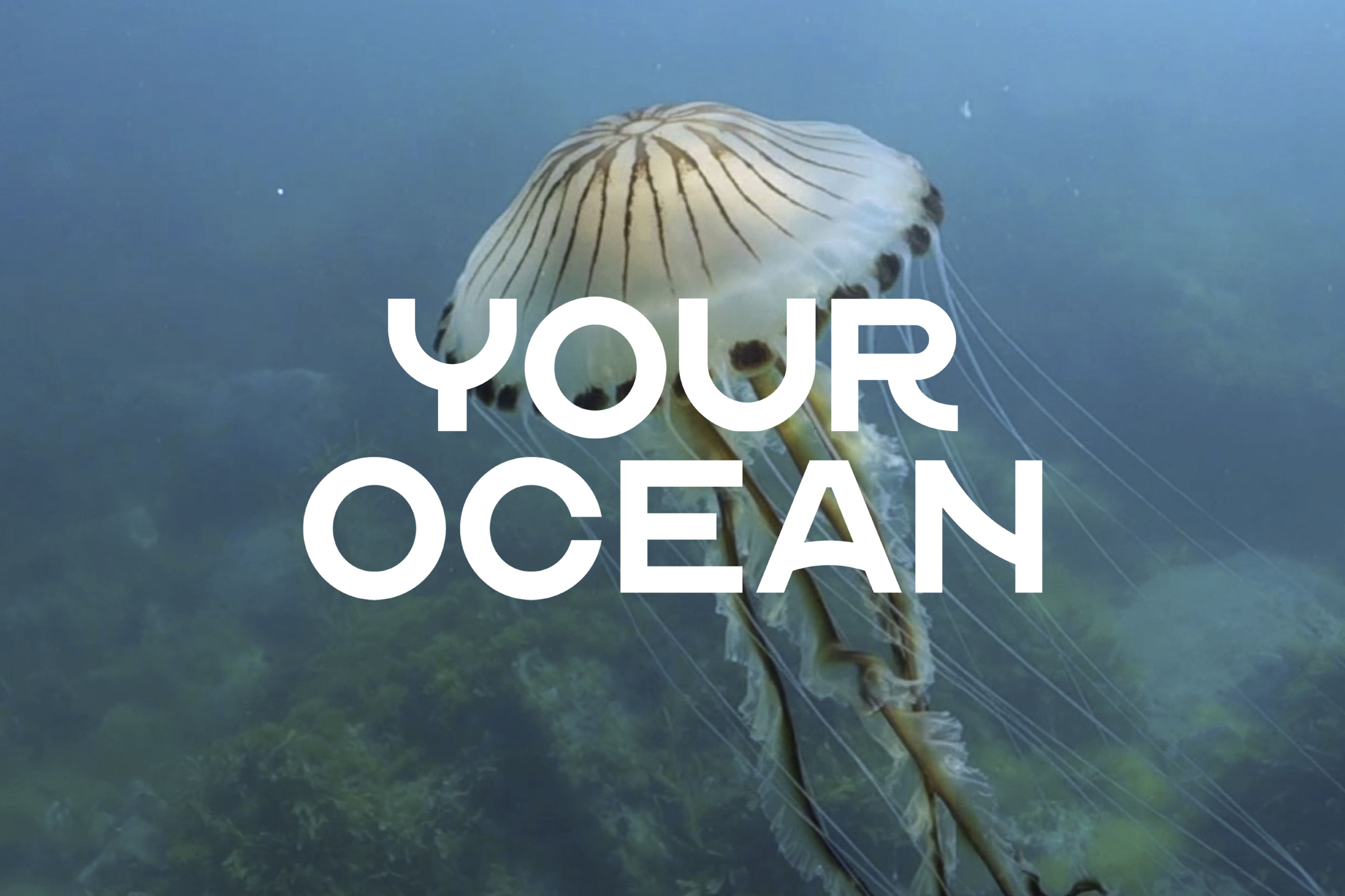
Meet our gentle giants
Majestic basking sharks can be spotted around UK waters in the summer, but these endangered creatures still need our protection
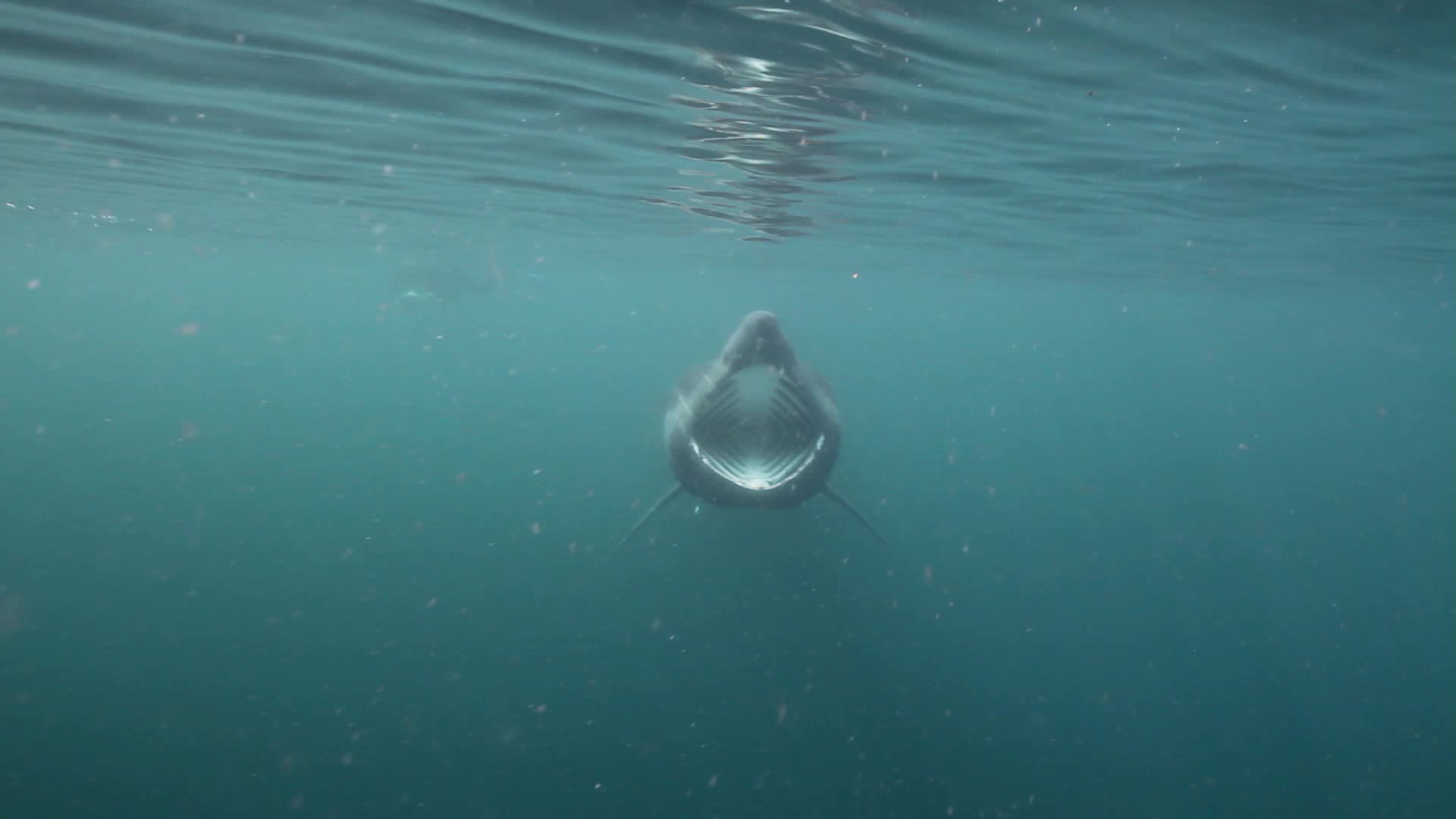
Magnificent fish glide around UK coastal waters during the summer months, just beneath the surface. Their cavernous mouths wide open – not screaming, but feeding. These behemoths are basking sharks (Cetorhinus maximus), the second largest fish in the world (only surpassed by the whale shark).
At up to 12 metres they’re as long as a London bus – but much more environmentally friendly.
For all their size, these gentle giants feed mostly on microscopic zooplankton. Their mouths filtering it from the seas through mucus-laden gill rakers.
Basking sharks live for around 50 years, but females don’t reach maturity until they’re 20, and only reproduce every two to four years. This leaves the species particularly at risk from fishing, tourism, pollution and climate change, and the International Union for Conservation of Nature has classified these sharks as endangered.
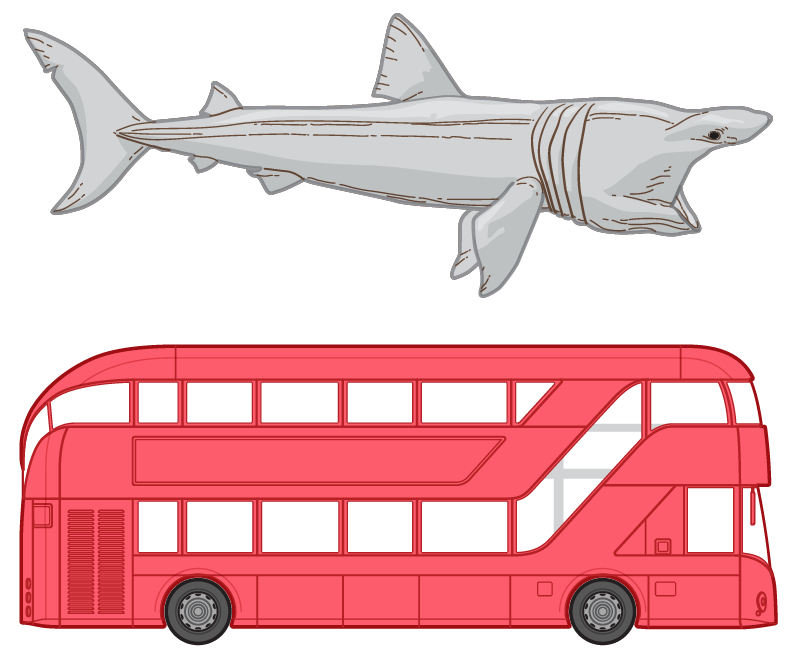
You might spot the nose and dorsal fin of these surface feeders as they harvest blooms of zooplankton, especially around the Hebridean islands of Scotland, the Isle of Man and the west coasts of Wales and Cornwall. But if you're lucky enough to encounter a basking shark, remember to keep your distance. Their shallow feeding patterns, courtship and mating leave them vulnerable to collisions with boats and jet-skis, as well as entanglement in fishing gear and being caught as bycatch.
More space is what these remarkable fish need, and there has been recent success on this issue. Thanks to your support, and especially to our Scottish campaigners, the Marine Conservation Society and the Scottish Wildlife Trust were instrumental in securing a new Marine Protected Area in the Sea of Hebrides off the west coast of Scotland. In 2020, the Scottish Government went ahead with plans that give over 3,800 miles squared of protection for basking sharks, minke whales and vital habitats. The new protected area is a first, worldwide, protecting both these majestic creatures.
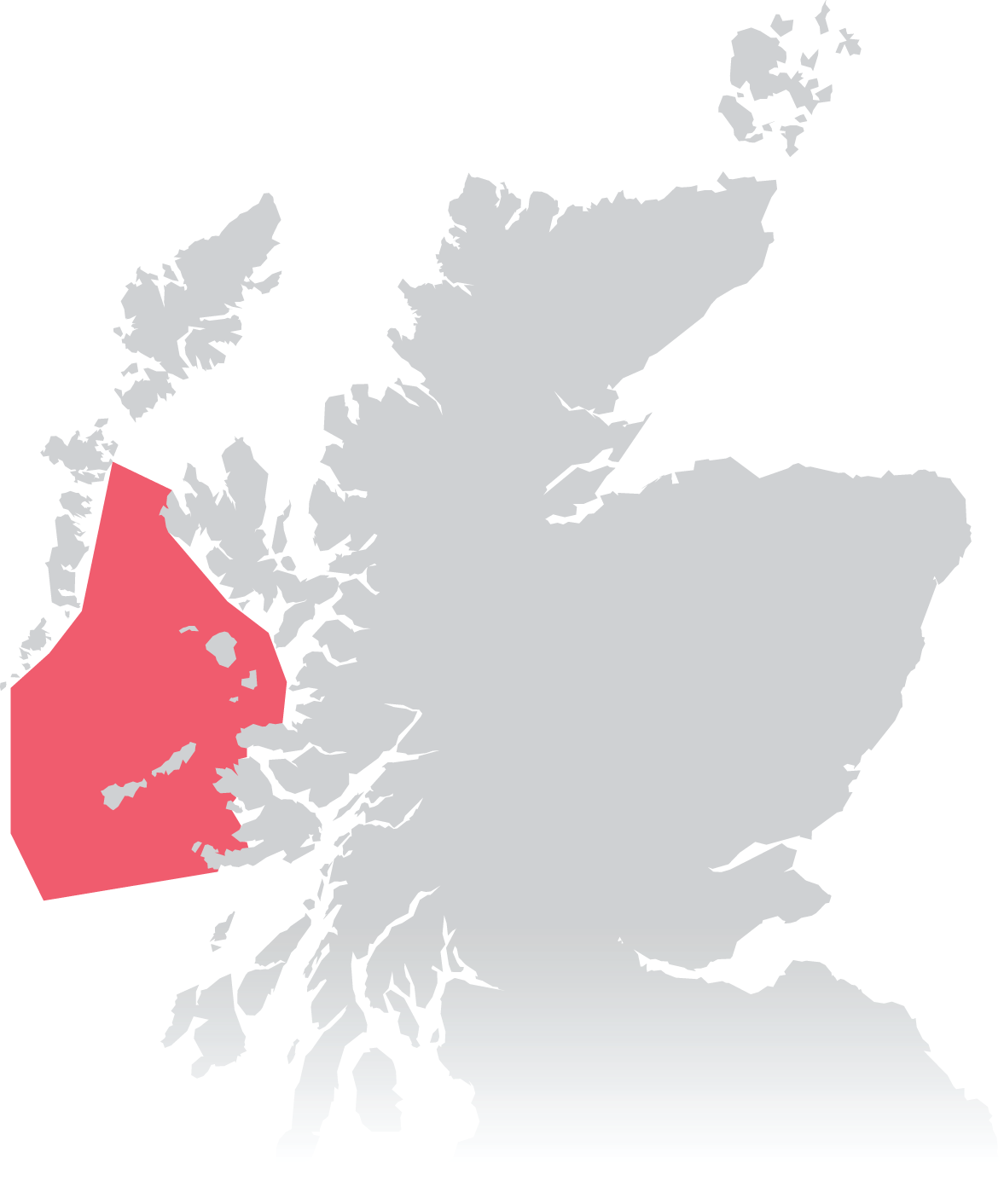
The Marine Protected Area in the Sea of Hebrides
The Marine Protected Area in the Sea of Hebrides
Our efforts for basking sharks are supported in Scotland by our Nature Champion Stuart McMillan MSP and in Wales by our Species Champion Luke Fletcher MS. With their backing, and your help, we can do even more for these majestic creatures. Just remember, if you spot one, give them space.
5 jaw-dropping facts about basking sharks
1. The mouth of an adult basking shark can be over a metre wide.
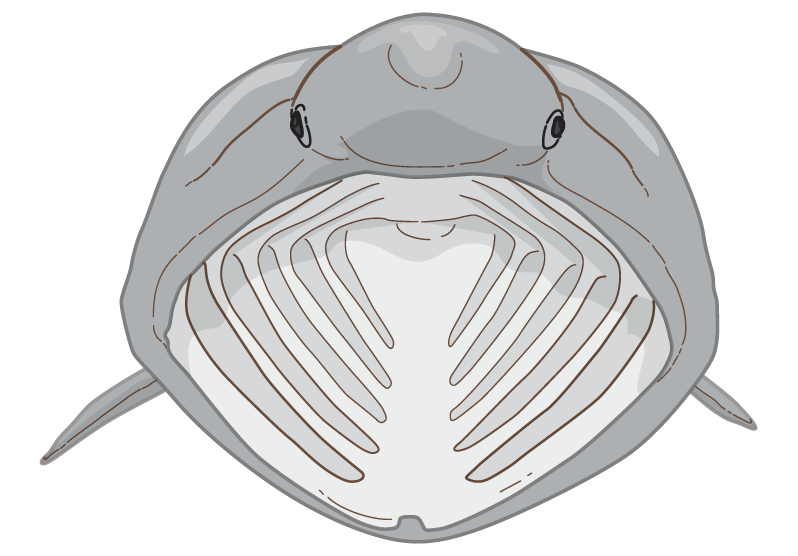
2. Basking sharks can only swallow the zooplankton they've siphoned from the seawater when they close their mouths.
3. The teeth of basking sharks are no more than 6mm in length, but they have six rows at the top and nine at the bottom – 1,500 in total!
4. The young of basking sharks are called pups.
5. Basking sharks filter up to an Olympic-sized swimming pool of sea water every hour. By reducing pollution and microplastics, we can help ensure this water contains simply the food they need to thrive.
